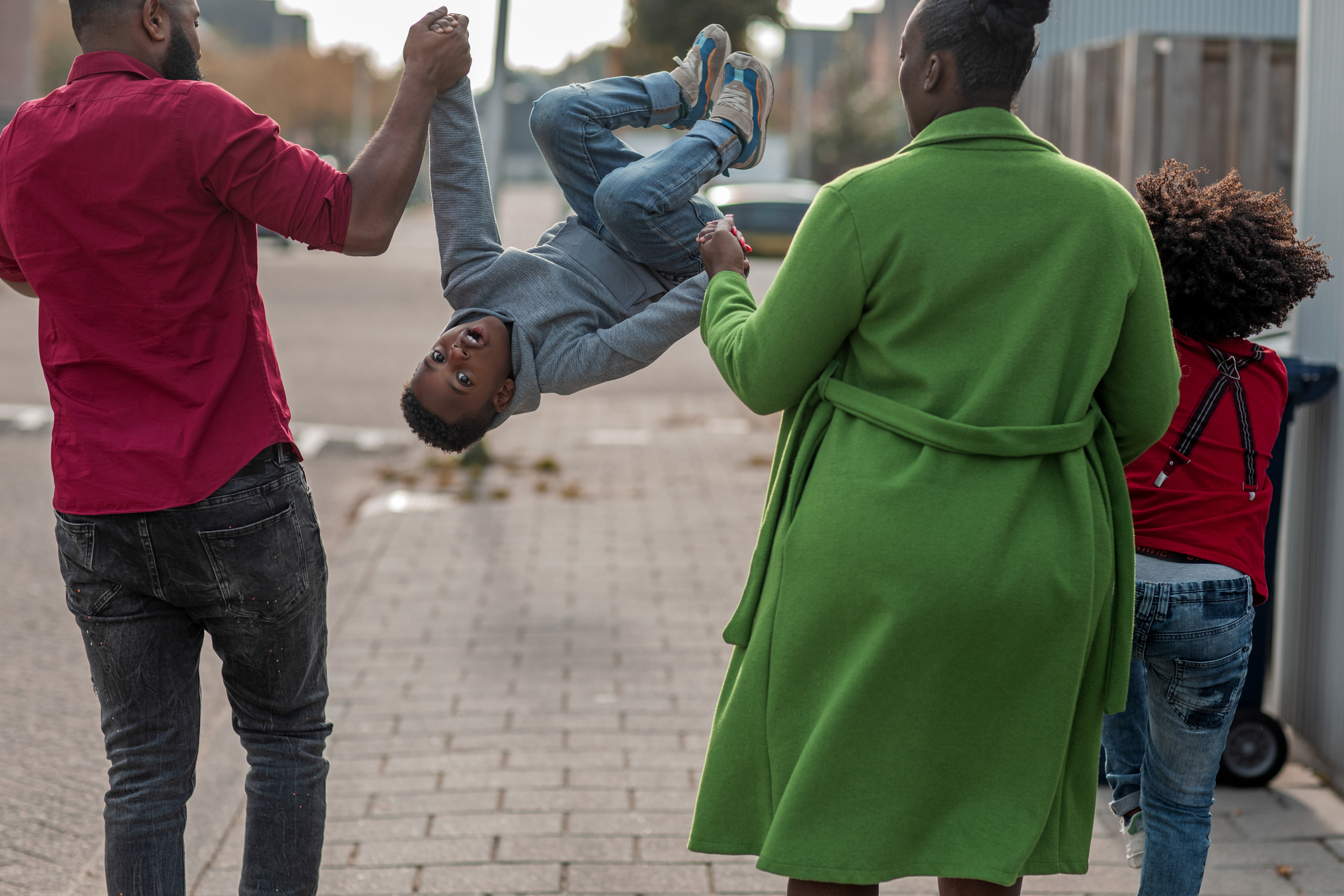When a couple makes the decision to end a relationship, it is sometimes difficult but necessary to say goodbye. Having children with someone you are no longer married to or in a partnership with can make things even harder to work through. Unresolved issues and new significant others are some of the obstacles that could affect whether or not you can co-parent easily.
Co-parenting is a decision that parents who are no longer a couple make, choosing to continue to raise their children together. If you are having trouble with staying on the same page or solving conflicts with the other parent, it may be time to seek out the help of a family therapist. Kiara McNair is a licensed marriage and family therapist. She says the focus should be on healing and moving forward, not dwelling on the past.
“Recognize that co-parenting after a divorce or separation is a process that takes time and effort,” McNair advised.
Here are her tips to help everyone stay sane through the separation.
Effective Communication
Co-parenting requires patience and communication. Setbacks are normal. It is the work you put into staying persistent that will help you build a healthy co-parenting relationship.
“Encourage open and honest communication between parents,” McNair said.
In a custodial and non-custodial parent relationship, there are important things for each person to remember. The custodial parent is who the child usually spends the most time with. The non-custodial parent is the parent outside of the home. McNair says the custodial parent should, “encourage and facilitate a positive relationship between the children and the non-custodial parent.” And she says the non-custodial parent’s role is to, “stay actively involved in your children’s lives.” One challenge that could affect a parent’s relationship with their child is living in a different city. That’s where you rely on technology.
“Schedule regular video calls, share photos and updates, and use co-parenting apps to coordinate schedules and expenses,” McNair suggested.
Put Children First
The well-being of your children has to be the top priority for both co-parents. Children should know that the divorce or separation isn’t their fault. McNair says it’s important for children to be able to express themselves about whatever they are feeling. “
Validate their emotions and provide reassurance to them that they are loved and supported by both parents,” McNair said.
Although your children are going between two different households, they still need as much consistency as possible. This gives them a sense of security during this transition. Parents have to to work together to make decisions for the children.
“Respect the custodial parent’s rules and routines when your children are in their care. Avoid undermining their authority or creating conflict,” McNair advised.
The therapist suggests that the custodial parent prioritize the children’s relationship with the other by coordinating visits and quality time.
Flexibility, Compromise and Boundaries
Despite ending the relationship or marriage, compromising should still be a practice between parents.
“Co-parenting requires give-and-take and prioritizing the best interests of the children,” McNair said.
There may come a time when something doesn’t make sense for you, but works out well for the other parent.
“Be flexible and willing to adjust visitation schedules to accommodate travel logistics and unexpected events,” the therapist advised.
Now that you and the other parent are no longer together, your parenting styles may not match. That’s ok. Try to avoid criticizing the other parent in front of the children. You should always respect each other’s boundaries.
Seek Support
When all of this becomes overwhelming, it’s ok to ask for help. Figure out who your trusted friends and family are. They can give you guidance and encouragement, along with the help of a family therapist. According to McNair, professional help is also an option if a family member is struggling with mental health issues, substance abuse, or behavioral problems, seeking the support of a family therapist can be beneficial.
“Oftentimes that means there is a fracture within the family systems that needs to be dissected and reworked in order for a better environment for all parties,” McNair said,.
